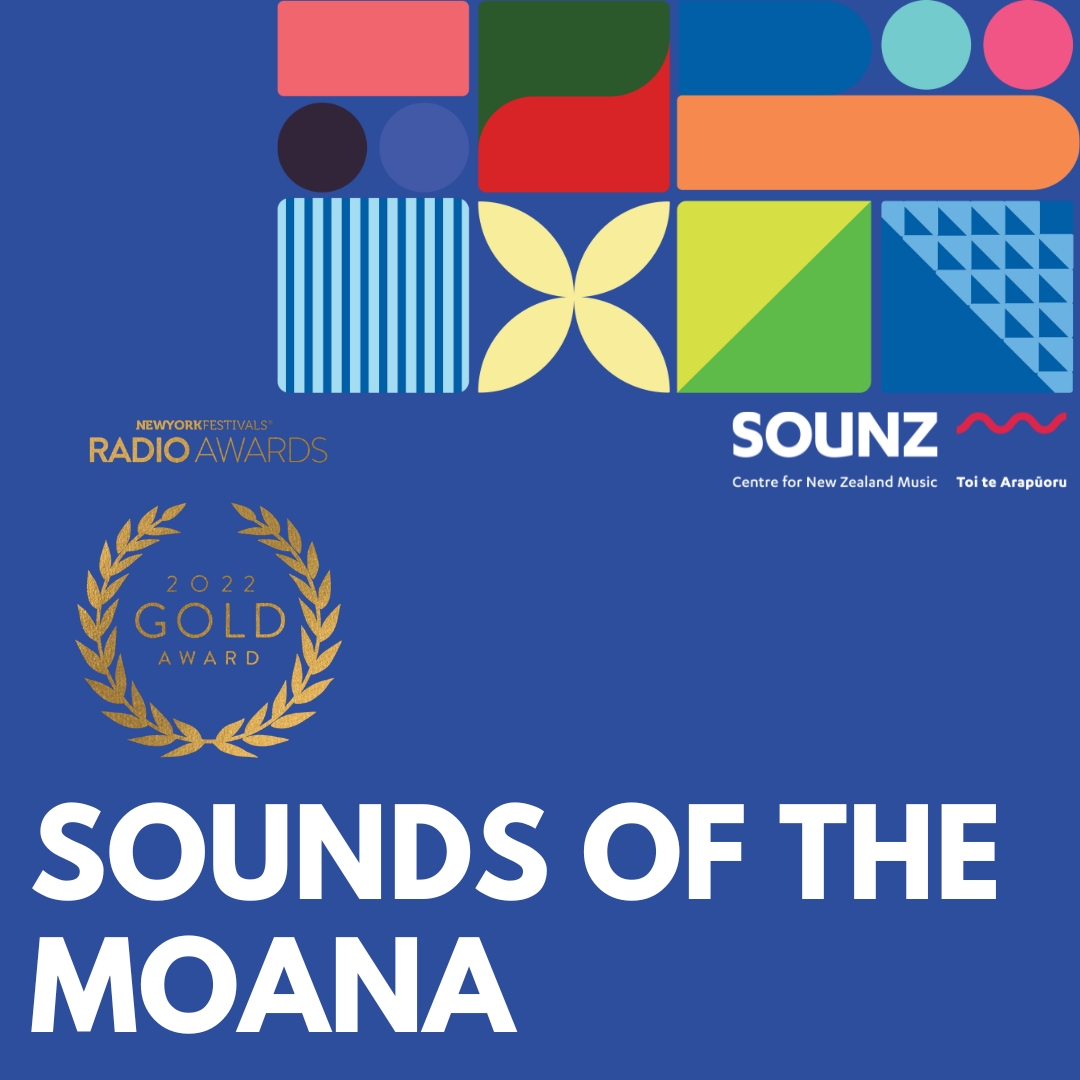Episode 2
Musical instruments and musical expression take on an almost infinite variety of forms throughout the world. This is especially true in Oceania, or the ‘Moana’, which embodies more than 1,800 different peoples and cultures and an astonishing variety of musical instruments.
In this episode, we explore the origin stories and hear the sounds of three musical instruments found in all motu (islands) that are linked by the great Moana: the conch shell (pū/foafoa), the wooden slit drum (pātē), and the nose flute (fangufangu/vivo ko’e). These musical instruments play integral roles in contexts ranging from religious rites to secular entertainment, and each comes with a plethora of stories, worldviews, and practices that are particular and unique to each motu.
Join Tau’ili’ili Alpha Maiava and guests as they look at the traditional functions of each of these instruments in daily life and discuss the ways in which they are still used today.
Host: Tau’ili’ili Alpha Maiava
Guests: Leuga Ape Taua’ana Ata Sofara, Ma’ara Maeva, John Kiria, Hūfanga-He-Ako-Moe-Lotu Dr ‘Ōkusitino Māhina
To listen to Episode 1: Sounds of the Navigators, please click here
For additional resources, please click here
Production team
Producers: Tau’ili’ili Alpha Maiava, Sophie Yana Wilson
Sound Engineered by Phil Brownlee
Research: Tau’ili’ili Alpha Maiava
Script Advisor: Kirsten Johnstone
Production Assistance: Roger Smith, Kelly Mata, Nina Lesperance, Jonathan Engle, Alpana Chovhan
Executive Producers: Diana Marsh, Tiumalu Noma Sio-Faiumu, Leoné Venter
Special thanks to
Archive of Māori & Pacific Sound, The University of Auckland
Cover Art: Kennedy Kioa Toi Faimanifo of Manatoa Productions
This podcast is supported by funding from Creative New Zealand.

© Copyright Centre for New Zealand Music Trust
